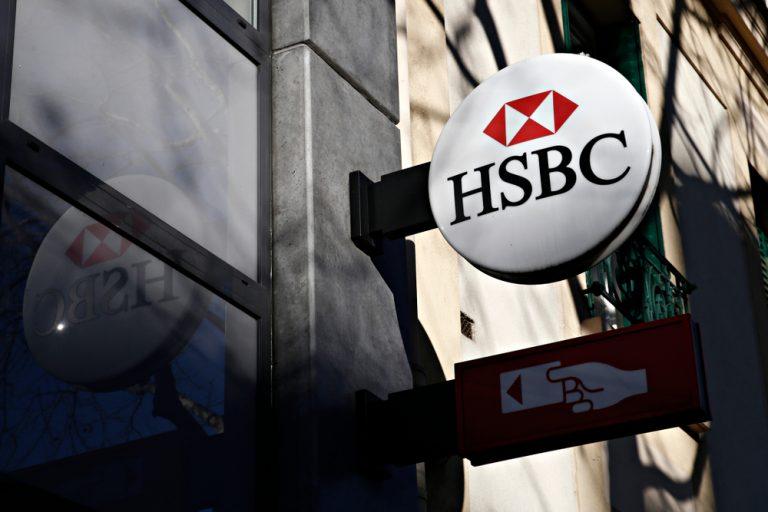
Shares at Europe’s largest bank HSBC (LON:HSBA) have slid nearly 4% on the back of the company’s grim 2020 interim results, outlining an alarming 96% drop in net income in the second quarter, down to just $192 million. The company’s pre-tax profits also plummeted over 80% to $1.1 billion over the same period.
Although based in London, HSBC makes the majority of its profits in China, making it especially vulnerable to the ongoing conflict between the UK government and Chinese officials over the implementation of China’s controversial national security law in the formerly British-owned territory of Hong Kong. The company reported a $3.8 billion surge in loan loss charges, significantly worse than the predicted figure of $2.7 billion by The Guardian, and almost seven times the $555 million that HSBC set aside in 2019.
The bank has also raised its forecasts for loan loss charges to between $8-13 billion for the entirety of 2020 in response to ‘the deterioration in consensus economic forecasts’ and the expectation that thousands more people and businesses will not be able to repay loans taken out during the peak of the coronavirus pandemic. According to the BBC, HSBC has reportedly given ‘more than 700,000 payment holidays on loans, credit cards and mortgages, providing more than $27bn in customer relief’.
The company’s disappointing results emerge after last month’s announcement that HSBC is to go ahead with plans to cut 35,000 jobs over the medium term, as part of the bank’s major restructuring plan first reported back in February – which largely preceded the pandemic and was put on hold while staff were indefinitely furloughed. HSBC’s chairman, Noel Quinn, has since stated that the bank intends to ‘accelerate’ this process in light of its poor 2020 performance.
Outlook for the rest of 2020 and beyond is marked by a heavy dose of caution, as HSBC prepares to face ‘a wide range of potential economic outcomes’ dependent on the potential for additional waves of coronavirus, the development of an effective vaccine, and the recovery of market and consumer confidence as lockdowns are increasingly eased worldwide. The bank also warns that ‘heightened geopolitical risk’ – no doubt a euphemistic reference to tensions over Hong Kong, one of its key markets – could have an impact on its performance in the months ahead.
HSBC’s chief financial officer, Ewen Stevenson, told the Financial Times that the bank is heading for a ‘much sharper’ V-shaped recession than initially forecast, with meaningful recovery likely to be delayed until 2021, subject to “the path of Covid, whether we can see the path to an effective vaccine, the outlook for Brexit… big events that we expect to have clarity on in the next six months, which will have a meaningful impact”.
Stevenson also confirmed that HSBC has already cut 3,800 jobs and ‘substantially’ cut back on hiring since the start of the year, as the company aims to save up to $4.5 billion in costs by 2022.
Chief executive Noel Quinn told the BBC on Monday:
“We will face any political challenges that arise with a focus on the long-term needs of our customers and the best interests of our investors. Current tensions between China and the US inevitably create challenging situations for an organisation with HSBC’s footprint. However, the need for a bank capable of bridging the economies of east and west is acute, and we are well placed to fulfil this role”.
Quinn was hesitant to speculate how tensions between the UK and China may impact business for HSBC in the medium to long-term amid rumours of impending sanctions by the US, simply stating that China’s national security is “a law we have to comply with, as we comply with all of the laws and activities in the geographies we operate”.
HSBC’s share price slid by 3.73% to 329.45p at BST 12:52 03/08/20, down an eye-watering 47.89% over the course of 2020. The bank’s P/E ratio sits at 24.55 and its dividend yield at 0.12%.
